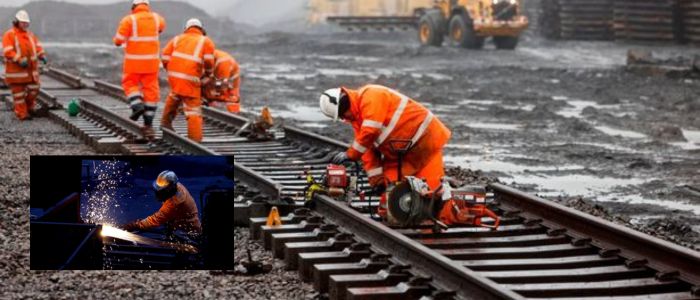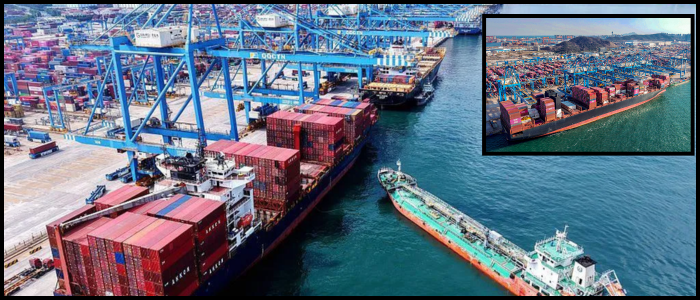The steelmaker, which has been owned by the Chinese firm Jingye since 2020, said the deal would be a powerful vote of confidence in the industrial skills base of the UK. The Scunthorpe Works has been producing rails there since 1865, and the new contract maintains British Steel’s status as Network Rail’s largest track supplier, meeting 80% of the government-owned operator’s needs. The rest will be supplied by European companies for specialist rail goods.
Clive Berrington, network rail director for railway business services, underlined the importance of buying from home when feasible and economically possible and said that British Steel was still a competitive supplier. Craig Harvey, the rail commercial director of British Steel, emphasized the company’s importance to national infrastructure and the wider economy.
Blast Furnaces and National Concerns
The British government took over British Steel earlier this year after a falling out with Jingye. Officials were concerned the company would mothball the blast furnaces, closing them for good and mothballing Britain’s ability to make virgin steel. It is not only a complicated and costly process when one of these furnaces has to be re-fabricated.
Virgin steel is made by refining raw iron, the kind of process essential for large-scale infrastructure such as railways. The site at Scunthorpe, which supports 2,700 workers, is the last in the country to produce virgin steel. It has four blast furnaces (named Bess, Mary, Anne and Victoria), although only Bess and Anne are in operation.
Ministers say the new deal is evidence of action to bolster UK manufacturing and shore up domestic supply chains. Transport Secretary Heidi Alexander said from Scunthorpe that it was vital to keep a strong economy and ensure we have national infrastructure made by the UK.
The Steel Sector: Continual Uncertainty
In the UK, the steel industry has struggled with instability in the recent past, with Port Talbot also set to close its blast furnaces in 2024. And new challenges loom, with US tariffs on steel imports on the rise. Temporary reprieve Although the UK has escaped the doubling to 50% of steel import tariffs by President Donald Trump, imposed by his executive order, the longer-term picture is less clear.
Trump’s latest order, signed on Monday, will enforce some aspects of a deal agreed between the UK and US in 2019. However it did not feature the expected elimination of tariffs on imports of steel. The fate of UK steel production, especially virgin steel, remains a significant part of industrial strategy and, increasingly, national security thinking.
Business

British Steel wins £500m Network Rail supply contract

British Steel secures a five-year contract for £500m to provide Network Rail with more than 337,000 tonnes of rails. The deal, which will come into force on 1 July, will safeguard the future of the Scunthorpe steelworks and secure thousands of jobs. The news comes after the UK government’s intervention to keep the blast furnaces on site after fears that the strategic importance of the steel industry would be jeopardized.















